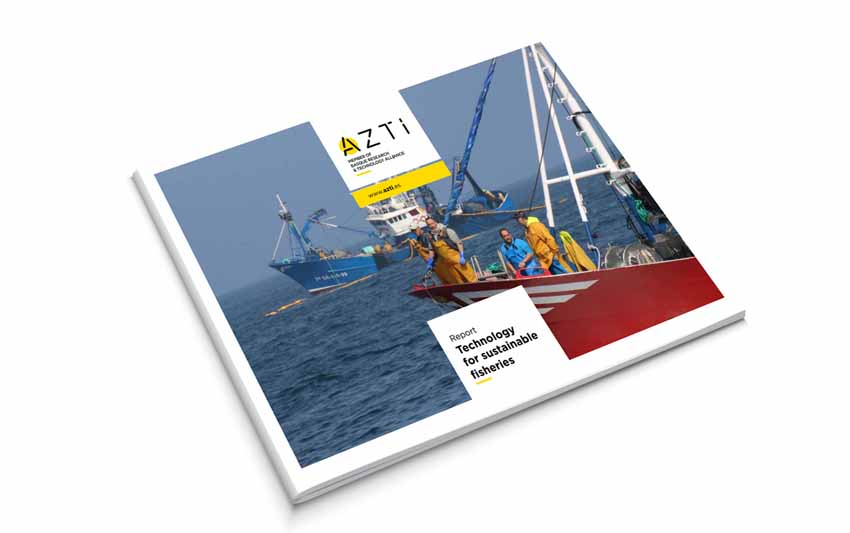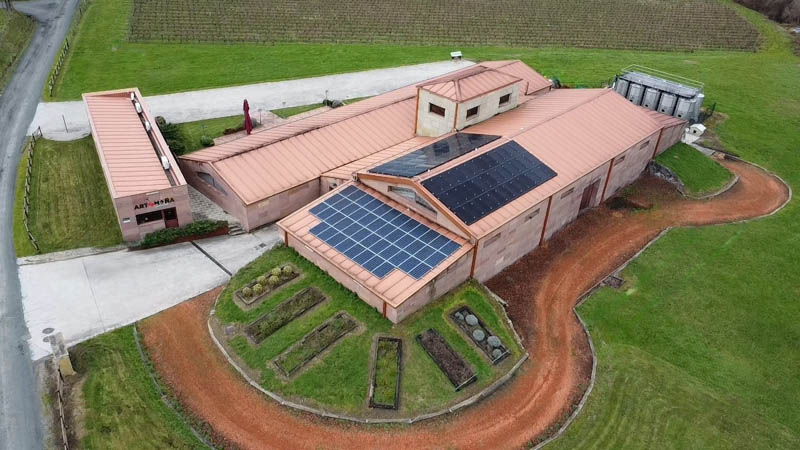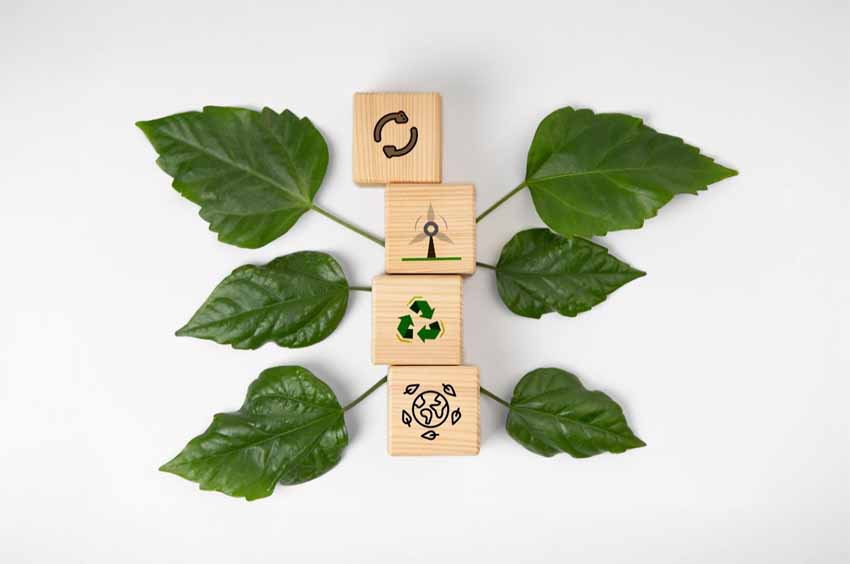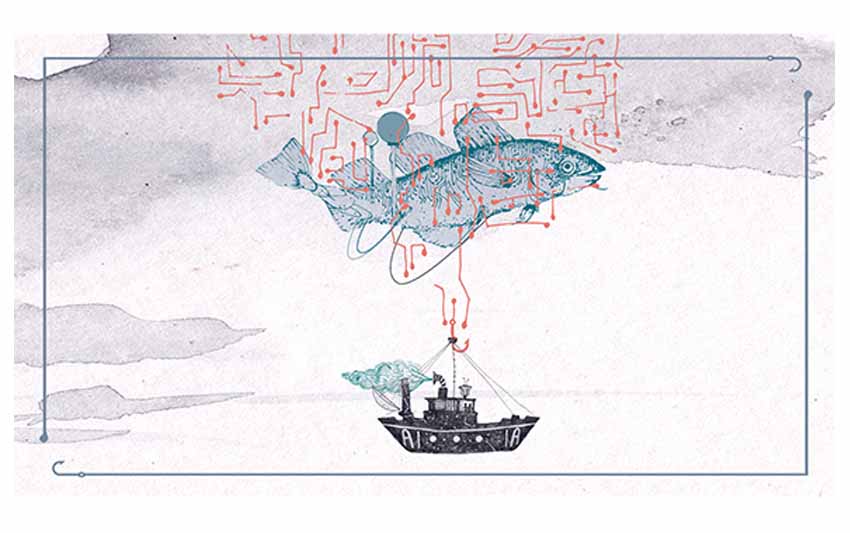Coffee grounds, an innovative ingredient to revolutionise the future of livestock farming
Últimas noticias
Digital Transformation of the Fishing Fleet: AZTI Explores the Future of the Industry with AI and Sustainable Solutions
The replica of the San Juan will set sail on a scientific mission thanks to an agreement between Albaola and AZTI.
Artomaña Txakoli Achieves the Best Enviroscore Category (A), as a Result of Its Environmental Commitment
- A new ingredient derived from coffee grounds has been made available to the feed industry as a result of the European Life-ECOFFEED project.
- 10-15% coffee grounds have been included in sheep diets with good results in milk production, milk quality and reduction of methane emissions (up to 20% lower). In addition, the component is priced lower than traditional raw materials.
- The initiative is funded by the European Union’s LIFE Environment and Resource Efficiency programme with a budget of €1.5 million. The consortium is coordinated by AZTI, with the participation of NEIKER, RIERA NADEU, ECOGRAS, EUSKOVAZZA, BEHI ALDE and UAGA, companies that cover the entire value chain in their industry.
Bilbao, 2 November 2023 – Every year, in the European Union, we consume on average 5 kilograms of coffee per person, generating twice as much waste in coffee grounds and used capsules. Most of this waste is burnt or sent to landfill, causing a huge environmental impact.
At the same time, the livestock sector, a major emitter of greenhouse gases, is looking for more sustainable and cost-effective ingredients in animal diets to ensure its long-term sustainability, as it is highly dependent on the market for soybean meal and cereal, mostly imported from third countries (US and Ukraine).
To address these challenges, the Life-ECOFFEED project, coordinated by the AZTI technology centre, was launched in 2020.
“As a result of this initiative, a new safe, nutritious, competitive and environmentally friendly ingredient has been created for dairy cattle, such as sheep and cows, which incorporates coffee grounds recovered from the HORECA sector”, highlights David San Martin, AZTI’s expert in the recovery of by-products.
Specifically, different pilot tests have been carried out in which between 10% and 15% of coffee grounds, recovered from the HORECA sector, have been incorporated as part of the diet of cows and sheep.
The trials have shown that these alternative feeds not only do not negatively affect animal production or milk quality, but even, in the case of sheep (research on the influence on cows is still ongoing), can reduce methane emissions from the livestock sector by 20%, contributing to the sustainability of the sector.
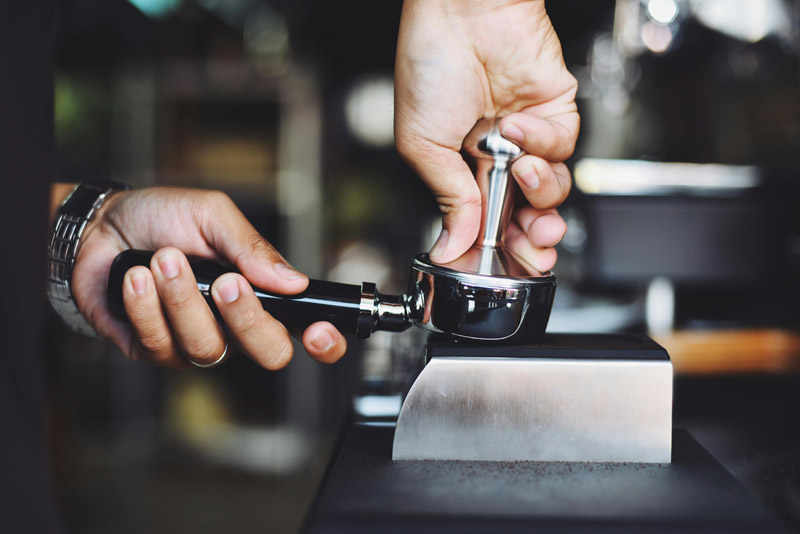
Focus on the HORECA sector
The initiative led by AZTI offers a circular economy solution to maximise the value of coffee by-products specifically in the HORECA sector, as the waste generated in households does not meet the hygiene standards required to be used in animal feed.
To achieve this, an efficient logistics system has been defined and developed to collect coffee grounds and process and adapt them as a healthy and safe ingredient. This strategy also considers how to recover used coffee capsules. “The organic fraction of these capsules has been used for producing biomass to function as fuel in the drying processes of coffee grounds for animal diets. On the other hand, the inorganic fraction, composed of plastic and aluminium, is used to produce other materials such as the coffee grounds storage containers themselves,” explains San Martín.
This overall process provides the feed production industry with a new, more economical and sustainable component. This increases competitiveness and reduces dependency on conventional raw materials, while at the same time benefiting society by contributing to environmental protection, promoting sustainable production and reducing the impact on climate change.
Life-ECOFFEED, which is due to end in March 2024, is 55% funded by the EU’s LIFE Environment and Resource Efficiency programme and has a budget of €1.5 million. In addition to AZTI, the consortium is integrated by NEIKER, as a centre specialising in nutritional efficiency; RIERA NADEU, as a technology supplier; ECOGRAS, as a by-product management company; EUSKOVAZZA, as a supplier of Lavazza products in the Basque Country; BEHI ALDE, as the main dairy cattle farm; and UAGA, as an association representing the primary sector.
